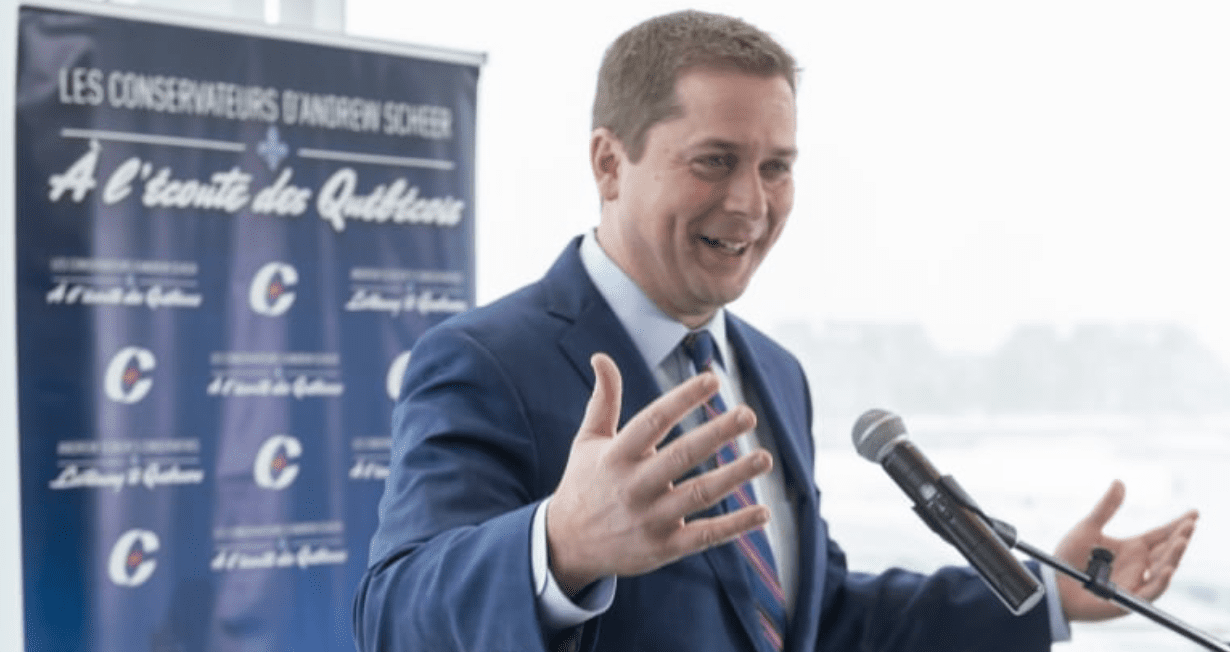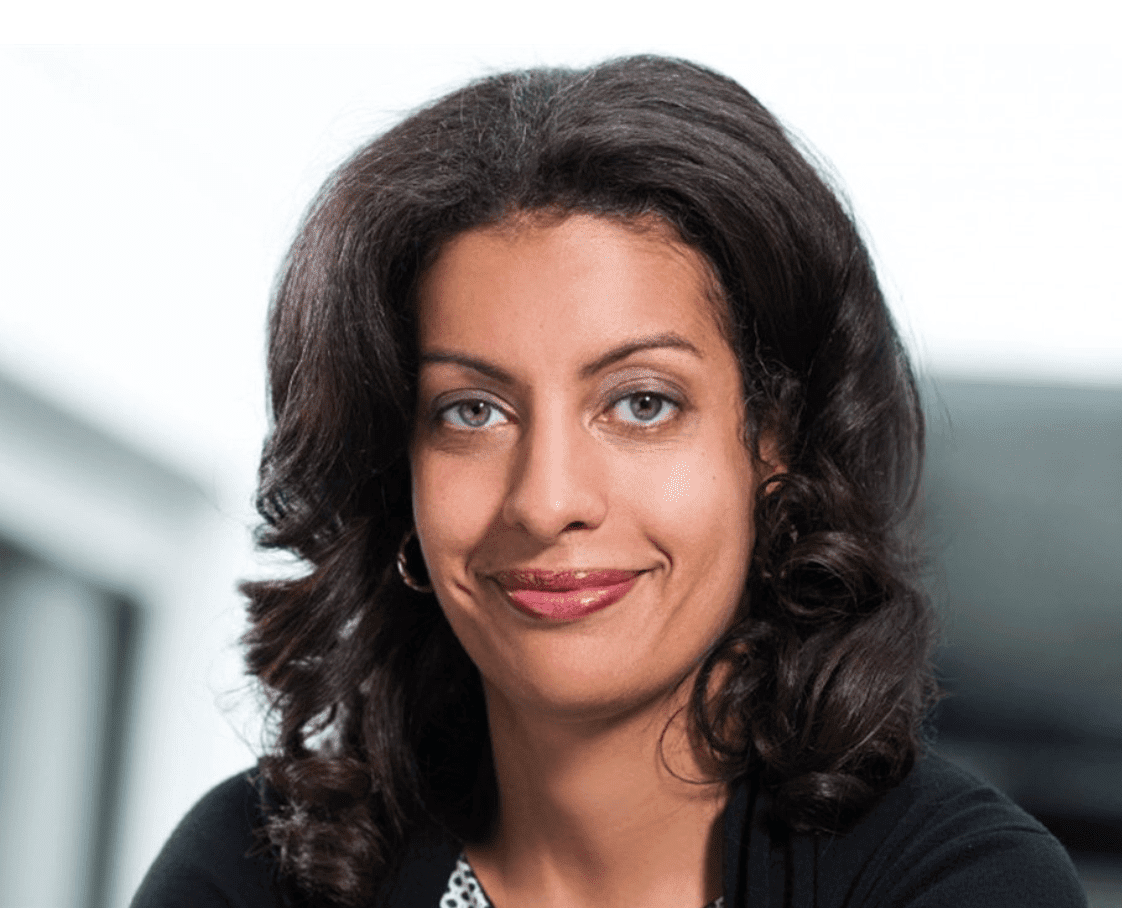Andrew Scheer is dying as he has lived as leader: haplessly flopping about making everyone a little uncomfortable.
As head of the Conservative Party of Canada, he's always seemed like a bit of an odd fit. At times a smirking doofus, at others a braying doofus.
What has he wanted to do with this job? Beat Justin Trudeau, surely, but beyond that it's hard to say. Kill the carbon tax? But that's kind of wrapped up in beating Trudeau. Returning a bunch of Harper tax credits and do-dads, once again a Trudeau thing.
So when he came around and did not beat Trudeau in an election where Trudeau was beatable, well, things have not gone well.
Sure he increased the Conservative share of the vote and number of seats, but most of that bump came out west where his party was already heavily favoured. It hasn't turned out to be enough, it could never be enough. Scheer narrowly won a leadership election where none of the heavy hitters in the party wanted to participate. Kevin O'Leary was leading, up until he realized he might actually win. Scheer barely convinced his party he was a better choice than Maxime Bernier, winning the barest of majorities with 50.97 per cent on the 13th round of voting.
It's clear now the only way for Scheer to keep a firm grip on the party was to come out of the campaign with everyone feeling like he did as well as could be expected. Had the expectations not been lowered for Trudeau by his disastrous last year, the Conservative result would probably be seen as a solid outcome in difficult circumstances.
Instead, Trudeau was wounded and vulnerable and Scheer couldn't close the deal. Oops.
In an attempt to convince an increasingly restive party he knew some changes were in order for him to keep his job, Scheer kicked two senior aides to the curb at the end of November. This was among one of the better things he's done, instinct wise, or would have been if it had not come weeks too late. By letting his party get so restive, and not booting these people soon after his loss, it's a sign he saw his failure as at least a partial success. A failure that could be explained away.
But expecting Scheer to have good instincts is to ignore who he is as a politician. He's never had them. I think the best example of that is his call for Trudeau to resign early in the SNC-Lavalin scandal, when there was no way Trudeau was just going to give up.
For a more recent example of this doltish streak, look no further than the appointment of Leona Alleslev to be his deputy leader. It's a very bad sign when you're appointing as your right-hand someone who was a Liberal MP up until last year.
Her recent conversion to the church of Toryism is not exactly a strong sign you've got the chops to bring your party together around your leadership, when you have to pick someone who wasn't even a member of your party until they could be enticed across the floor.
It's even worse when you have a long-time Conservative and former minister like Ed Fast turning down a position in your shadow cabinet, and then going on record explaining why.
"Mr. Scheer and I recently had a conversation about where I could fit into his shadow cabinet, and I expressed my desire not to be included at this time," Fast said, according to the Globe and Mail. "Mr. Scheer is entitled to surround himself with a team that fully supports his leadership."
That is…not a solid endorsement. Scheer is entitled to surround himself with people who support his leadership, which does not include Fast, who evidently does not support his leadership.
So Scheer's options were clearly limited by the fact he's not wanted as leader. It probably would have been better to not have a deputy, than to have a recent floor crosser as a deputy.
Hard to see this as anything but a sign his days are numbered.
Scheer has always seemed to have more ambition than ability, more bluster than backbone, and now his fall approaches. It was a ride while it lasted, not exactly fun, but something to watch at least. Now that it seems to be coming to an end, I can't say I'll miss it.
Photo Credit: CBC News








